1971: Becoming Bangladesh
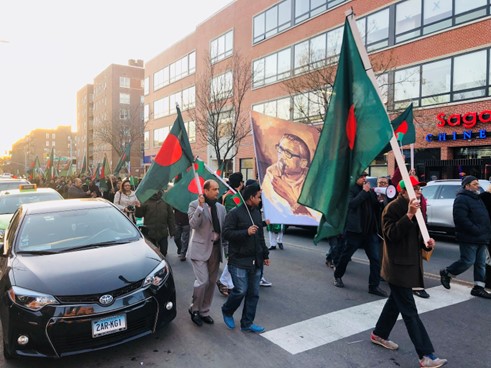
Photo courtesy of Anisha Iqbal
Members of the Bengali diaspora in America continue to celebrate Bangladesh’s independence in Jackson Heights, New York. The death of Sheikh Mujibur Rahman is honored, his impact continues to live in Bangladesh through Prime Minister Sheikh Hasina Wajed, Mujibur’s daughter.
Shadhinota Dibosh, or Independence Day, is a national holiday that takes place annually on March 26 in Bangladesh. Driven by movements to maintain its language and culture, Bangladesh’s fight for independence continues to affect Bengali youth today.
After the partition of India and Pakistan in 1947, East Bengal (Bangladesh) became East Pakistan, while West Bengal remained a part of India. The two regions were separated on the basis of religion, with the west being majority Hindu and the east being majority Muslim.
“My life’s path was made possible by Bangladesh’s independence. Without it, none of my experiences would have been the same. My grandparents were able to work and have fulfilled lives after Bangladesh gained its freedom. My parents were eventually permitted to immigrate, and I was provided the privilege to be American,” said freshman Subaita Mahmud. “Without it, I would also have a complete change in identity. My heritage would originate from ‘East Pakistan,’ and many aspects of my culture—including our language, artwork, cuisine, clothes, family, and religion—would be different.”
The language movement of the 1950s facilitated a growing sense of national identity. Bangladesh is the only country to ever fight and win independence in order to speak its mother language. To honor the Dhaka University students who lost their lives at the hands of the police while protesting the government in 1952, Ekushey February, or February 21, is now regarded as International Mother Language Day.
“There is not enough recognition for Bangladesh’s fight towards independence. Bangladesh as a country does not get much recognition, therefore many people don’t know about the outstanding fight that Bangladesh fought in order to become self-sufficient today,” said junior Mais Islam.
The Awami League, led by Sheikh Mujibur Rahman, was a secular centrist party that campaigned for Bengali autonomy and gained a stronghold in Bangladesh. Threatened by this, the Pakistani military junta launched Operation Searchlight on March 25, 1971, to stop the Awami League from gaining further popularity. Rahman was arrested, and hundreds of thousands of citizens fell victim to genocide, mass rape, and looting imposed by the Pakistani military. Today, over five thousand mass graves and killing fields have been discovered with much difficulty due to the lack of effort in identifying them. Rahman was later assassinated in 1975, and he was widely referred to as the father of Bangladesh, commonly called Bangabandhu, or friend of Bengal.
“The flag itself represents the struggles that had to be overcome, with a dark green background, and a red circle in the middle, representing the blood that the people of Bangladesh shed during the war,” said Mahmud. “Around three million people from Bangladesh and Pakistan died during the nine-month conflict, while many others were forced to flee to India. It was a day of independence, but also seen as genocide.”
The country gained its freedom after nine months of brutal war on December 16, 1971, known as Bijoy Dibosh or Victory Day. For months, Bengalis fought to gain their rights in politics and economy as well as gain their own cultural identity. The war left an already struggling nation in deep poverty and political disarray that would take years to recover from. Many young Bengali-Americans face a lack of knowledge regarding the liberation war, oftentimes because of war trauma that their parents and grandparents continue to suffer from. Being brought up in the United States where this history is not explicitly taught has the largest impact on this gap in awareness for both Bengalis and Pakistanis.
“My parents have actually never directly spoken about the war. We had always attended the annual events, but since independence happened so long ago, we never brought it up in conversations,” said Mahmud. “It’s like when you celebrate the 4th of July, you’re more focused on the fireworks and catching up with friends, rather than reminiscing about the Declaration of Independence.”
Considering the fact that Bangladesh has been free for around 52 years, strong tensions still exist between Bangladesh and Pakistan. Much of the younger generations, however, are taking initiative by acknowledging their history and accepting each other’s cultures.
“Coming from a Pakistani that feels like [the Pakistani youth] doesn’t know enough about the war, I do think it is important for them to know the in-depth history of the war,” said junior Hiba Khalid. “Learning the historical facts, an unbiased version of our history, and questioning decisions made by our ancestors should always be taken as a priority as it teaches us the injustice done in the past. Such knowledge of historical events and injustices made will allow upcoming generations to be a better set of future leaders.”
Bengali students are born in blood. They carry their country’s sacrifices with pride as an integral part of their ethnic identity.
“Today, I am proud of what my country has accomplished, and to see it with my own two eyes makes me more than happy,” said Islam. “Being Bengali will always be part of my identity, no matter where I was raised. Therefore, knowing about this day has brought me a great sense of content and respect for my country.




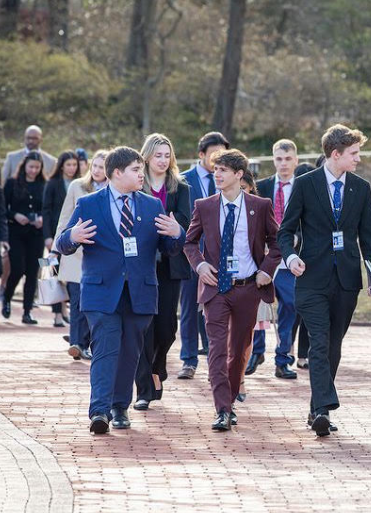
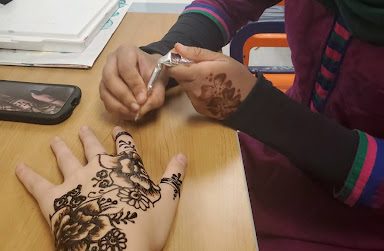
![“Smiles for Myles [is the idea that] happiness can be a long term thing for Myles,” said Buddies Club sponsor and disabilities teacher Madison McKenna.](https://theoracleonline.org/wp-content/uploads/2024/02/MylesArticleKeyPhoto-452x600.jpg)
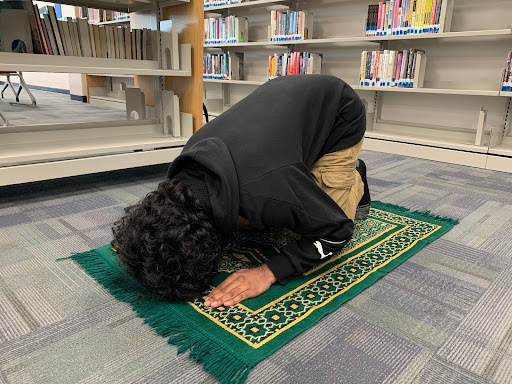


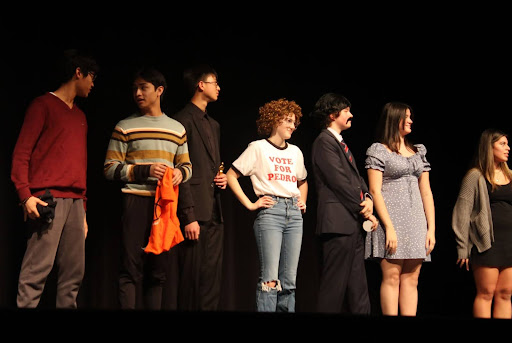
![“Piccolo” is not the start of Martineau’s filmmaking journey. In the beginning of his high school career, Martineau decided to enter the filmmaking scene in an attempt to discover more about himself. “My mom’s Jamaican and there’s not very many Jamaican movies, but [when] I would watch ‘The Harder They Come,’ [that] got me interested in the Nouvelle Vague Cinema,” said Martineau.](https://theoracleonline.org/wp-content/uploads/2024/02/unnamed-40.jpg)